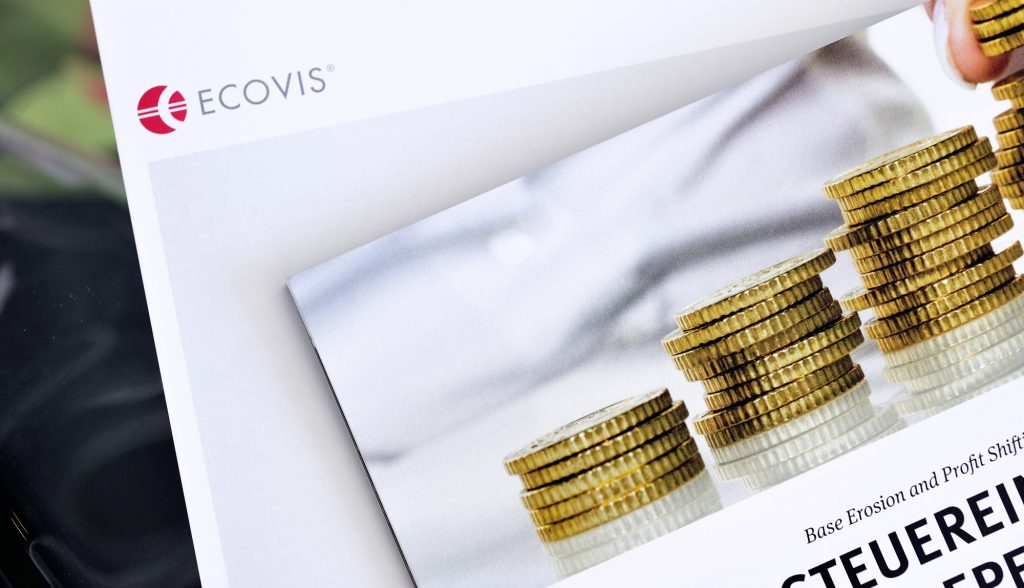22/05/2020
The COVID-19 pandemic has led to unprecedented global challenges, human suffering and economic disruption. Recently the Financial Action Task Force (FATF) released a paper on “COVID-19-related money laundering and terrorist financing risks and policy responses” which identifies challenges, good practices and policy responses to new money laundering and terrorist financing (ML/TF) threats and vulnerabilities arising from the COVID-19 crisis. So, what challenges in financial sector has this situation brought?
Key findings:
- Measures to contain COVID-19 are changing criminal behaviour, opportunistic criminals are moving to other forms of illegal activities.
- Fraud and cybercrime are the most popular crimes during crisis.
- COVID-19 pandemic is impacting government and private sectors’ abilities to implement AML / CFT obligations.
- Supervisors, financial intelligence units and law enforcement agencies should continue to share information with the private sector to prioritise and address key ML risks.
- Non face to face onboarding and transactions conducted using digital ID are not necessarily higher risk and even could be lower risk.
Read along to find out more details.
Fraud and cybercrime are the most popular crimes during current crisis. Criminals are attempting to profit from the COVID-19 pandemic through increased fraudulent activities such as impersonation of officials, counterfeiting of essential goods (i.e. scams involving medical supplies and medicines, goods are ineffective or are never delivered), fundraising for fake charities, fraudulent investment scams, etc. It was noticed that there has been a sharp rise in social engineering attacks, specifically phishing email and mobile messages through spam campaigns.
Reporting indicates significant changes in financial behaviour and patterns in light of COVID-19. Customers are carrying out more transactions remotely during COVID-19 pandemic. Over the medium to long-term, an economic downturn could further alter financial activities and result in individuals seeking financing outside the formal economy. In prolonged economic recession this would stimulate unregulated financial services because those with financing needs may seek out non-traditional or unlicensed lenders, which may include criminal groups.
Measures to contain COVID-19 are changing criminal behaviour – profit-driven criminals may move to other forms of illegal conduct. Small portion of economic support directed to businesses and individuals may present potential ML risks. As example, criminals could falsely claim to provide access to emergency financial aid so that they could obtain personal details and financial information. Criminals may also use legal persons to make fraudulent claims on government emergency financial aid funds by posing as legitimate business seeking assistance. Another possible risk is that emergency financial aid provided to countries may be misappropriated by corrupt officials
Other shifts in criminal activities could include investments in real estate or troubled businesses to generate cash and mask illicit proceeds, restructuration of existing loans and lines of credit, wildlife poaching, insider trading – just to name a few. A portion of these risks arise from having fewer resources to combat ML/TF risks due to economic slowdown.
The COVID-19 pandemic is also impacting government and private sectors’ abilities to implement anti-money laundering and counter terrorist financing obligations (AML/CFT) from supervision, regulation and policy reform to suspicious transaction reporting and international cooperation. With few exceptions, on-site inspections were postponed or substituted with desk-based inspections, policy departments have activated business continuity plans with most of the staff working remotely which resulted in significant pause in new AML/CFT policy and legislative initiatives, prosecutions got delayed.
What could be the potential AML/CFT responses to these challenges?
Regulators, supervisors, financial intelligence units, law enforcement authorities and other relevant agencies can provide support, guidance, and assistance for the private sector on how national AML/CFT laws and regulations will be applied during the current crisis. Such guidance can give financial institutions and other businesses reassurance that the authorities share their understanding of challenges and risks involved in the current situation, and of the appropriate actions to take. Above mentioned institutions should continue to share information with the private sector to prioritise and address key ML risks, particularly those related to fraud, and TF risks linked to COVID-19.
Besides that, it is encouraged to harness responsible innovation. Use of digital payments and digital onboarding reduces the risk of spreading the virus. As such, use of financial technology provides significant opportunities to manage some of the issues presented by COVID-19. It is important to mention that non face to face onboarding and transactions conducted using trustworthy digital ID are not necessarily higher risk and even could be lower risk. When financial institutions or other businesses identify lower ML/TF risks, the FATF Standards allow them to take simplified due diligence measures, which may help them adapt to the current situation.

 Newsletter Subscription
Newsletter Subscription